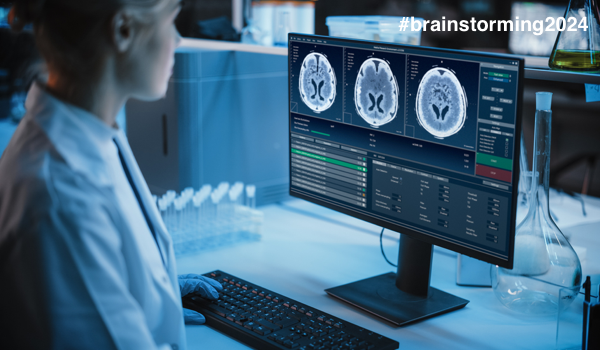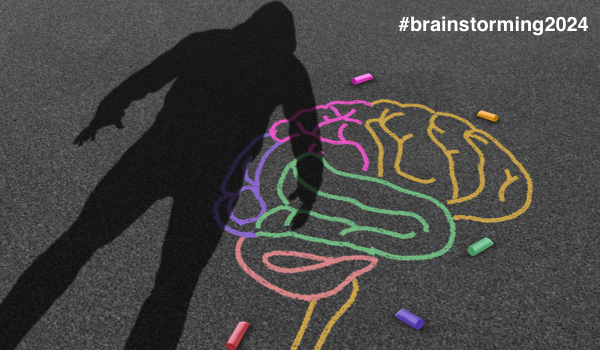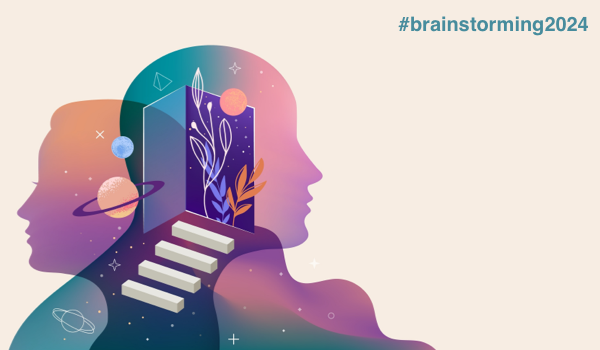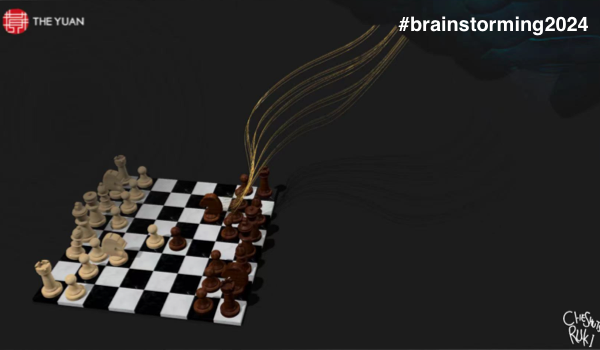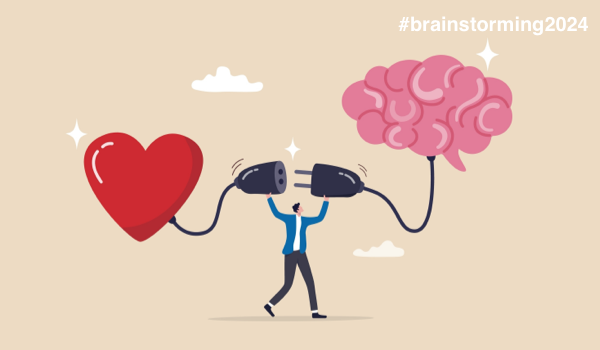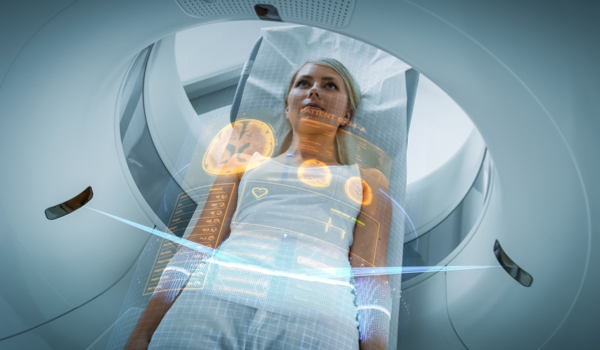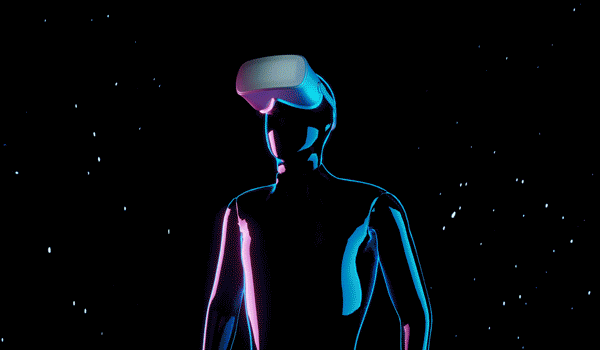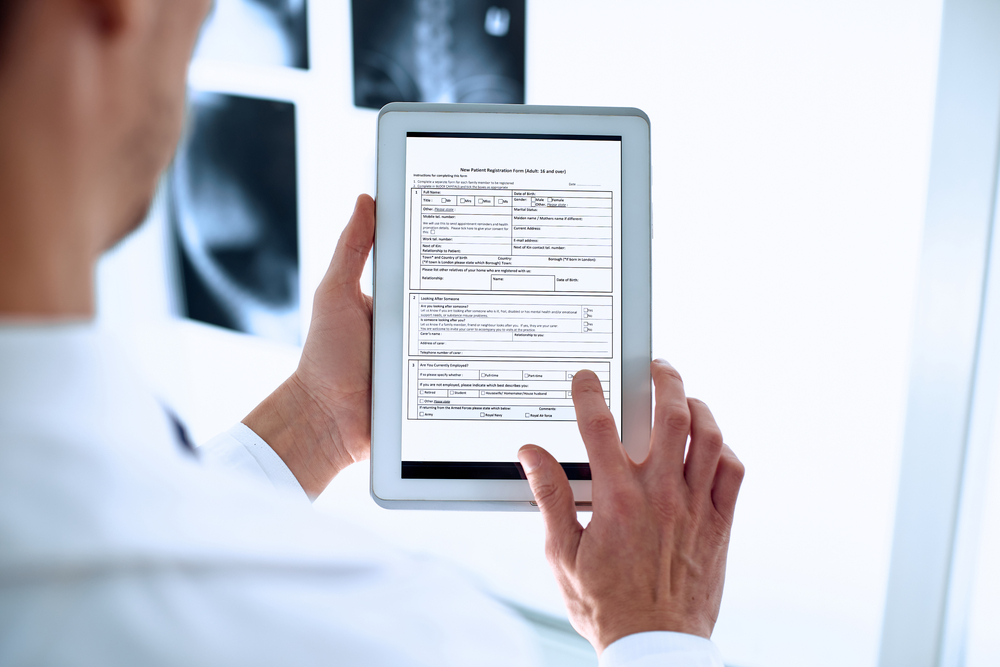


KYIV, UKRAINE - The rate of adoption of artificial intelligence (AI) technologies in the pharmaceutical industry has been on the rise over the past several years, with most drug discovery organizations touting the application of AI in one way or another. According to an analytical report by BiopharmaTrend,1the number of AI startups in the area of drug discovery and biotech has grown to more than 340 in 2021, from just 45 companies in 2010, with the amount of venture capital invested into such companies over the same period totaling more than US$20 billion.
In addition to new drug discovery startups, leading drug makers (aka ‘big pharma’) and contract research organizations are also developing their own AI programs to enable more efficient use of corporate research and development and commercial data. Some are also partnering with external technology vendors to onboard new technologies and expertise. The number of research collaborations between leading drug makers and these emerging AI-driven drug discovery companies has been growing steadily since 2010, reaching 84 major collaborations registered in the BiopharmaTrend database in 2021 alone.3Such collaborations are typically focused on biology modeling, target discovery, and identifying promising molecules for further drug development.
Overall, the role of AI in drug discovery can be represented by a spectrum of use cases distributed between two grand goals: on the one hand, trying to make existing drug discovery processes faster and cheaper, i.e., solving the ‘efficiency problem’ and, on the other hand, solving complex problems which would be virtually unsolvable without AI, i.e., the ‘innovations problem.’ In terms of their value proposition, the full spectrum of pharma AI companies generally falls somewhere between those two goals, although in some cases it tries to do both.
 Continue with Linkedin
Continue with Linkedin
 Continue with Google
Continue with Google







 1191 views
1191 views
